Difference between EPS and XPS
Insulation is a key component to specify when designing a functional, cost-effective, and energy-efficient building. One way to insulate a building is to install 50 to 152 mm (2 to 6 inches) of rigid foam insulation on the outside of the wall frame. The two most commonly installed types of rigid foam insulation are expanded polystyrene and extruded polystyrene (EPS and XPS). Both have the same basic function: to provide a way to manage the transfer of heat in a building system. However, they differ in important ways.
The primary responsibility of any insulating structural material is to provide good thermal performance. However, this is not the only factor to consider when specifying rigid foam insulation. It is also important to understand how it behaves in several situations.
xps sheet is manufactured using a continuous extrusion process that produces foam insulation in closed-cell form. EPS, on the other hand, is manufactured by expanding spherical beads in a mold and then using heat and pressure to fuse the beads together.
Foil-Clad XPS
Each product has proponents who claim that one product performs better than another. However, it is crucial to understand that each product may be better suited to a particular application than the others. This can be more clearly understood by examining each product's thermal and moisture protection, fire and water resistance, and impact on sustainable design projects.
Additional resources:Hydroxypropylmethylcellulose: Unlocking the Potential of Multifunctional Compounds
What Is The Fill Material in a Cooling Tower?
Exploring the Advantages of Framing Membrane Structures
How Fog Fountains Work
What are the uses of prestressed steel strands and how to use them correctly
Is Hexagonal Mesh Fabric the Next Big Thing?
What is the best pipeline coating?
Heat and moisture protection
The R-value is a measure of a material's resistance to heat transfer; the higher the R-value, the better the insulation of the material. A common procedure for testing the R-value of a material is ASTM C518, the standard test method for steady-state heat transfer properties by means of a heat flow meter device. This test method requires a technician to measure the thermal resistance of a specimen placed between a cold and a hot plate.
Rigid foam insulation provides excellent R-values for such a thin product, but not all rigid foams have the same thermal properties. The choice of insulation should be made after considering the impact of its properties on the performance of the wall.
EPS is the most widely used insulation material in insulated concrete forms (ICF), structural insulated panels (SIP), and external wall insulation and finishing systems (EIFS). It has the lowest average R-value for rigid foam insulation, typically R-4 per 25 mm (1"). the actual R-value of EPS depends on its density, with higher density foams having higher R-values ranging from approximately 3.6 to 4.2 per 25 mm.
The thermal performance of XPS is only slightly better than that of EPS at approximately R-5 per 25 mm. The thermal performance of EPS and XPS panel at the same density is fairly similar. However, EPS with the same density level is cheaper. XPS panel is usually avoided in areas where lower density materials are required, or where materials below a specific density are not applicable. In such building situations, the use of EPS as a lower density material will provide the required insulation at a much lower cost.
Additional resources:The Ultimate Guide to LVT Glue Down Flooring
The Ultimate Guide to Glass Tempering Furnaces
Why is rain shower good?
Which geomembrane is the best choice for water conservancy projects?
The Ultimate Guide to Boost Your YP40
What is the difference between coil coating and extrusion coating?
What are the parts of a spherical bearing?
Related Articles

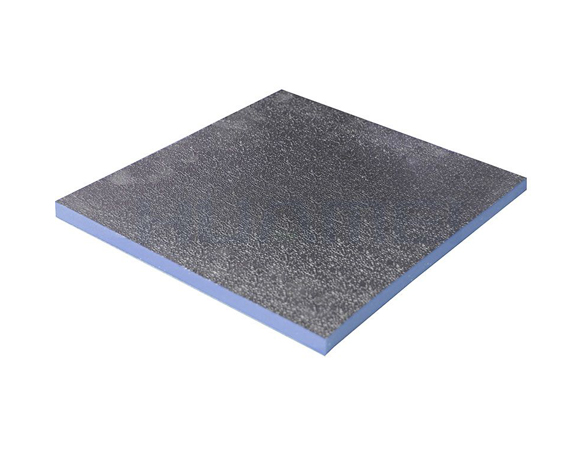
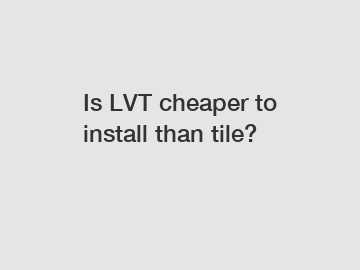
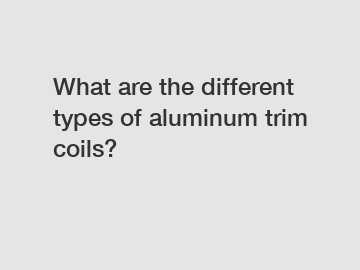

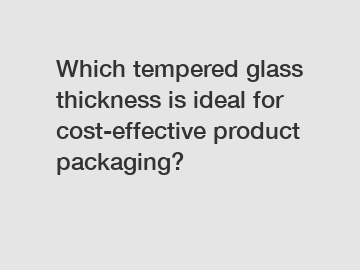


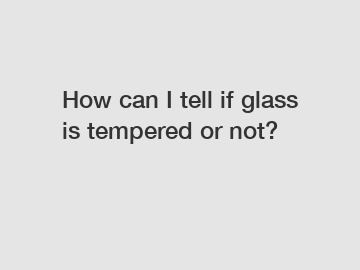

Comments
0